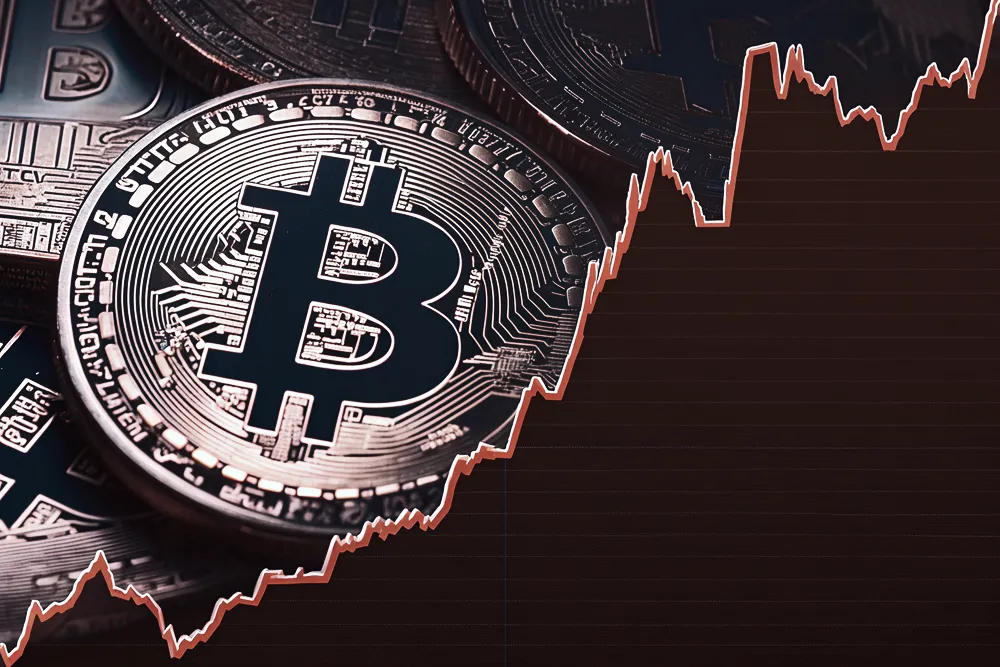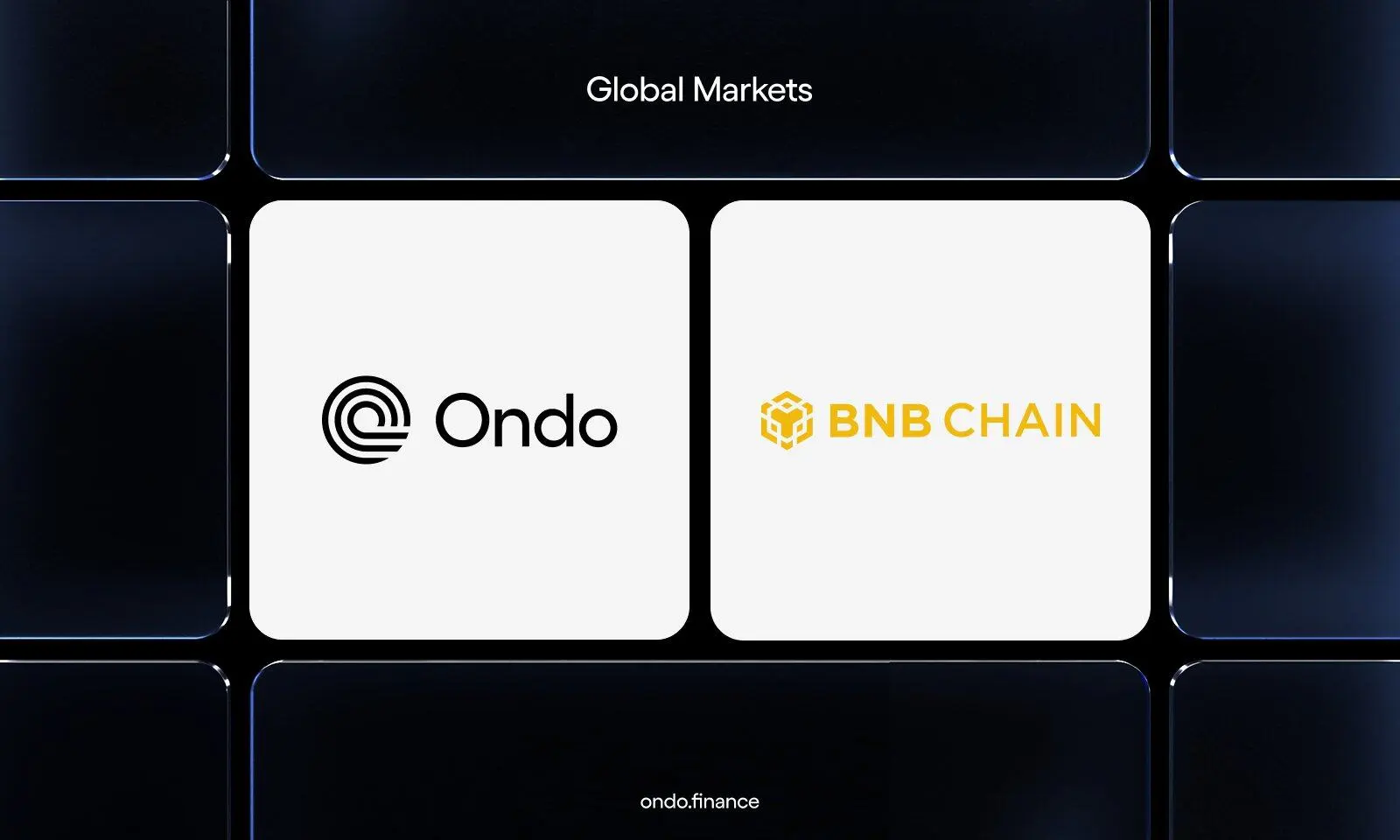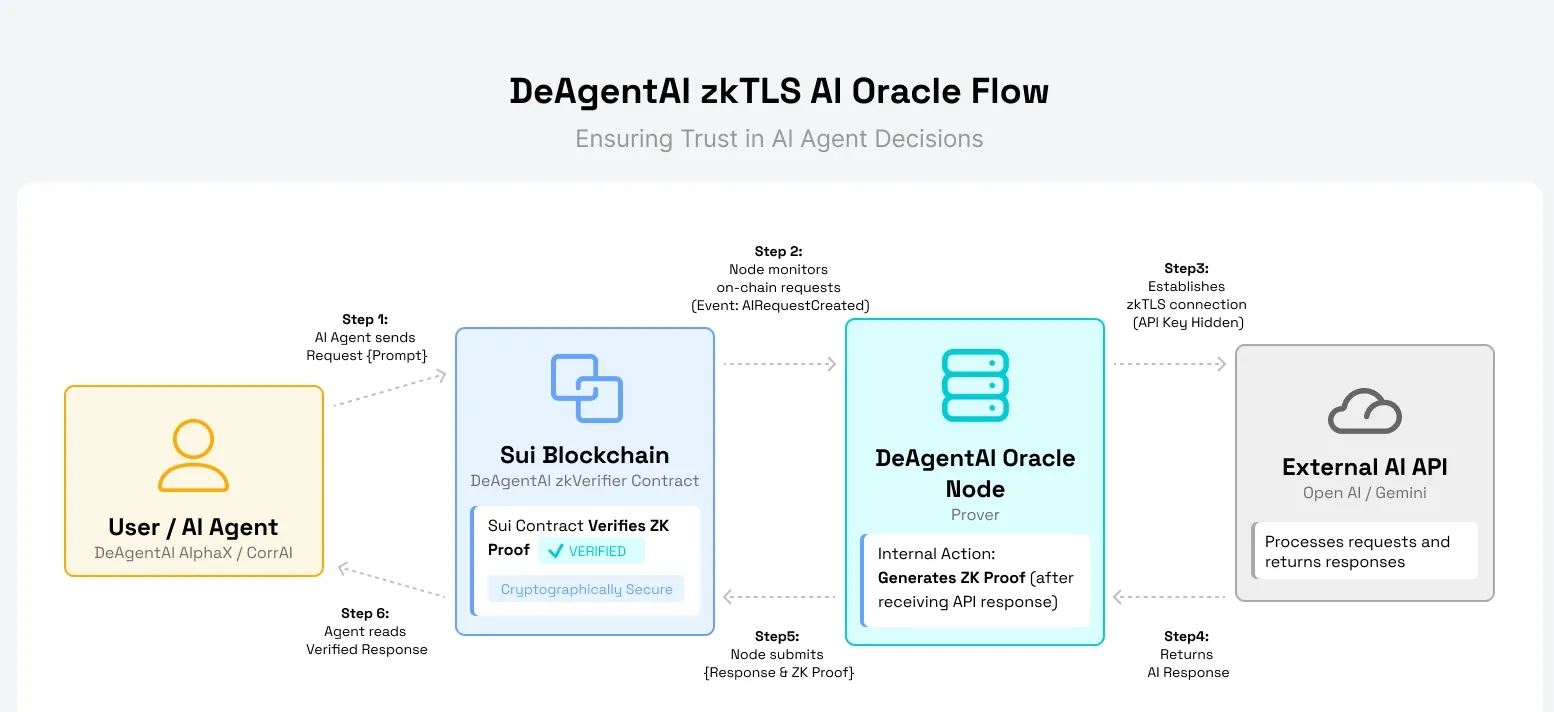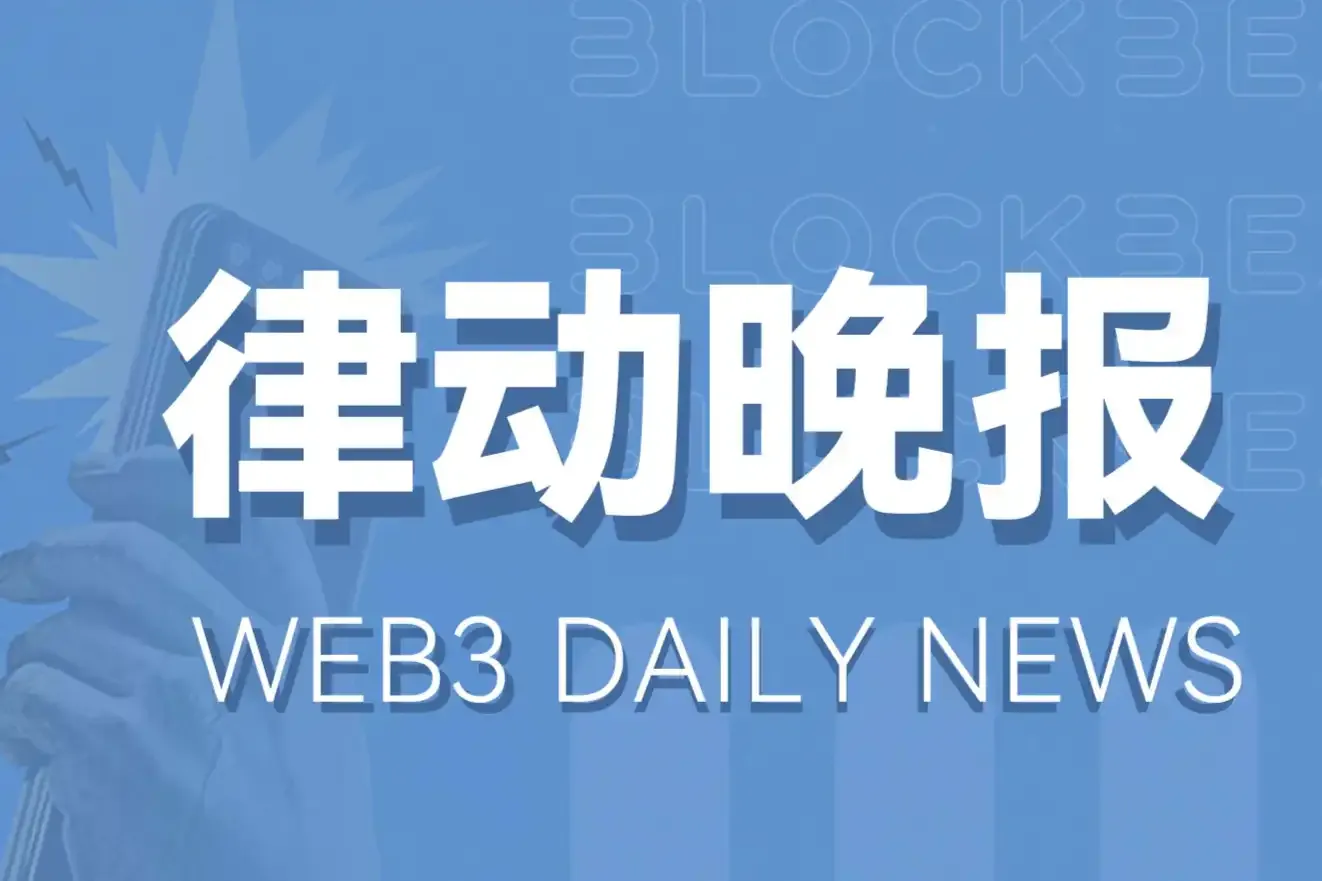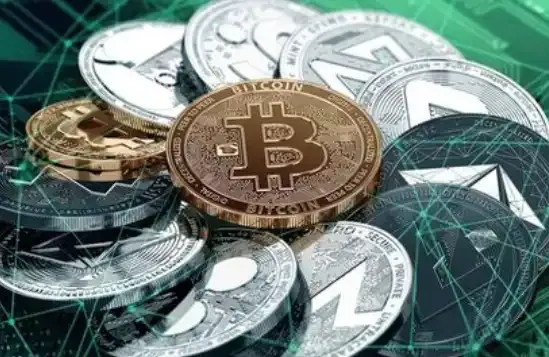On October 29, 2025, the Hong Kong Monetary Authority officially announced the "Phase Two Report of the 'Digital Hong Kong Dollar' Pilot Program." The report clearly states that the future will prioritize the development of wholesale digital Hong Kong dollars, while the promotion of retail aspects will be postponed, and the tokenized deposit business of commercial banks will be accelerated. Behind this decision is Hong Kong's deep reflection on digital financial competition: embracing technological innovation while maintaining financial stability.

1. In-depth Policy Interpretation: A New Ecosystem of Digital Finance Under a Dual Structure
Strategic Positioning Adjustment of Digital Hong Kong Dollar
● Since the launch of the digital Hong Kong dollar project, its development path has been a focus of market attention. The release of the Phase Two Report has finally clarified this path. According to the report, the digital Hong Kong dollar will focus on interbank settlement, tokenized asset delivery, and other wholesale scenarios, rather than the retail payment sector that the market previously anticipated.
This shift is based on the Monetary Authority's in-depth assessment:
● In retail scenarios, existing electronic payment systems are already quite mature, and the marginal benefits of introducing Central Bank Digital Currency (CBDC) are limited;
● In the wholesale sector, the digital Hong Kong dollar can address several pain points in traditional settlement systems.
Accelerated Promotion of Tokenized Deposits
● In line with the adjustment of the digital Hong Kong dollar's positioning, tokenized deposits are becoming another important pillar of Hong Kong's digital financial development. Currently, six banks, including Bank of China Hong Kong, HSBC, and Standard Chartered, have launched tokenized deposit services, covering multiple scenarios such as bond issuance, trade financing, and cross-border payments.
● These banks have accumulated a wealth of valuable experience in practice. For example, Bank of China Hong Kong has achieved seamless integration of tokenized deposits with the digital Hong Kong dollar during the government's tokenized bond issuance. The project leader revealed: "By automating the settlement process through smart contracts, we not only improved operational efficiency by 60% but also significantly reduced the risk of human error."
Improvement of the Regulatory Framework for Stablecoins
● It is noteworthy that Hong Kong's stablecoin licensing system was officially implemented in August 2025, providing clear regulatory guidelines for non-bank institutions issuing stablecoins. The new regulations require issuing institutions to hold the appropriate licenses and impose strict requirements on reserve asset management, information disclosure, and on-chain monitoring.
● The Monetary Authority particularly emphasized the regulatory requirements for non-custodial wallets, stating that licensed institutions must deploy appropriate on-chain monitoring tools to ensure transaction compliance.
Comparison of Hong Kong's Digital Currency Policy Layout
| Project Type | Strategic Positioning | Application Scenarios | Regulatory Requirements | Progress Status | |-----------------------|----------------------------------|----------------------------------------------|------------------------------------------------|------------------------------------------------------| | Digital Hong Kong Dollar | Wholesale Central Bank Digital Currency | Interbank settlement, tokenized asset delivery | Direct issuance and management by the Monetary Authority | 7 banks piloting within the year, policy preparation to be completed by 2026 | | Tokenized Deposits | Commercial Bank Currency Digitalization | Corporate payments, trade financing, cross-border settlement | Subject to existing banking regulatory framework | 6 banks have launched, several others in preparation | | Stablecoins | Private Institution Digital Currency | Public chain ecosystem, cross-border retail payments | Must operate with a license, reserve assets regulated | Licensing system implemented, multiple institutions applying |
Source: Compiled by AiCoin
2. Deep Integration of Traditional and Crypto Worlds
Structural Changes in Fund Flows
● Traditional financial institutions have significantly increased their willingness to allocate to digital assets. According to the latest data, the scale of digital asset custody in Hong Kong's banking sector grew by 45% quarter-on-quarter in the third quarter, reaching a record $12 billion. This growth mainly stems from institutional clients' increasing demand for compliant digital asset products.
● The introduction of tokenized deposits provides a more convenient channel for traditional funds to enter the crypto world. Corporate clients have shown strong interest in tokenized deposits, especially in cross-border trade settlement. Compared to traditional bank transfers, tokenized deposits not only enable real-time clearing but also allow for more complex fund management functions through smart contracts.
Reshaping the Crypto Market Landscape
● Under the dual influence of the wholesale digital Hong Kong dollar and tokenized deposits, the competitive landscape of the crypto market is undergoing subtle changes. The issuance of stablecoins faces new challenges and opportunities. On one hand, tokenized deposits, backed by the credit of commercial banks, have a natural advantage in enterprise-level application scenarios; on the other hand, stablecoins still maintain an irreplaceable position in public chain ecosystems and global cross-border retail payments.
● AiCoin data shows that the trading volume of institutional-grade stablecoins (such as USDC) has recently increased, while the growth of retail-oriented stablecoins has slowed. This differentiation reflects the market's varied demand for different application scenarios.
Evolution and Innovation of Technical Architecture
Hong Kong's policy choices are also driving the innovative development of underlying technical architecture. The integration of private and public chains has become an important trend. Banking institutions primarily conduct tokenized deposit business based on private chains to ensure compliance with regulatory requirements; at the same time, they connect with public chains through cross-chain technology to achieve asset interconnectivity.
This "hybrid architecture" is giving rise to new technical solutions. Several technology companies have launched cross-chain gateway products for financial institutions, supporting asset transfer and data synchronization across different chain environments. The Monetary Authority is also actively participating in standard-setting, promoting the establishment of a "shared tokenization standard" to lay the foundation for future interconnectivity.
Comparison of Digital Financial Technical Architecture
| Technical Elements | Traditional Financial System | Tokenized Deposit System | Public Chain Stablecoin System | |------------------------|----------------------------------|------------------------------|------------------------------------| | Settlement Cycle | T+1 or longer | Near real-time | Real-time | | Operating Hours | Specific hours on business days | Nearly 7×24 hours | 7×24 hours | | Programmability | Limited | Achieved through smart contracts | Achieved through smart contracts | | Regulatory Compliance | Mature framework | Existing banking regulatory framework | Emerging regulatory framework | | Cross-System Interoperability | Through traditional channels | Through cross-chain gateways | Native cross-chain capability |
Source: Compiled by AiCoin
3. Expert Perspectives: Opportunities and Challenges Under Diverse Viewpoints
Recognition of Policy Rationality
● Blockchain financial consultant Zhou Zhuoyi pointed out: "Hong Kong's choice of the 'wholesale CBDC + retail tokenized deposits' path reflects regulatory wisdom. This arrangement leverages the advantages of central bank digital currency in the wholesale sector while fully utilizing commercial banks' experience in retail services, achieving optimal resource allocation."
Attention to Implementation Challenges
● However, international banking analyst Zhang Wei cautioned about potential risks: "Banks need to carefully manage liquidity risks in the process of advancing deposit tokenization. Tokenized deposits may alter the traditional stability characteristics of deposits, increasing the complexity of banks' liquidity management."
Outlook on Market Opportunities
● From a broader perspective, Hong Kong's policy choices provide new opportunities for digital financial innovation. Analysts from crypto research institution TokenInsight believe: "The wholesale digital Hong Kong dollar provides the infrastructure for more complex financial innovations. For example, in the field of asset tokenization, the digital Hong Kong dollar can become the pricing and settlement unit for various tokenized assets, promoting the standardization and scaling of this market."
According to industry forecasts, as relevant policies are implemented, the scale of tokenized assets in Hong Kong is expected to exceed $100 billion within three years, covering multiple categories such as bonds, funds, and real estate. This will bring new business opportunities for various market participants.
4. A Development Path of Coexisting Opportunities and Challenges
Short-term Development Prospects
Looking ahead to the fourth quarter of 2025, the market will focus on several key developments. First is the specific arrangements for the pilot of the digital Hong Kong dollar by 7 banks, including technology selection, business scenarios, and scale expectations. These details will directly impact the application effectiveness of the digital Hong Kong dollar in the wholesale sector.
Medium to Long-term Development Trends
● By 2026, as the Monetary Authority completes the relevant policy preparations for the digital Hong Kong dollar, Hong Kong's digital financial ecosystem will enter a new development stage. One important observation point is whether the digital Hong Kong dollar will be limitedly expanded to retail scenarios. Although current policies focus on the wholesale sector, the technical possibilities leave room for imagination in the future.
● Another important trend is the expansion of cross-border applications. Hong Kong is exploring cross-border settlement arrangements for digital currencies with multiple jurisdictions. The wholesale digital Hong Kong dollar, due to its lack of credit risk, has a unique advantage in such cross-border arrangements. If relevant cooperation progresses, it will significantly enhance Hong Kong's position in the international financial system.
Potential Risks and Challenges
Despite the optimistic outlook, the challenges on the development path cannot be ignored. Regulatory coordination is one key challenge. Different jurisdictions have varying regulatory attitudes towards digital currencies, which may lead to regulatory arbitrage or market segmentation. Hong Kong needs to find a balance between maintaining financial stability and supporting innovation.
Hong Kong has chosen a unique path in the development of digital currencies: solidifying financial infrastructure through the wholesale digital Hong Kong dollar, promoting the digital transformation of commercial banks through tokenized deposits, while leaving moderate space for innovations such as stablecoins. This "multi-layered, step-by-step" development strategy reflects a focus on financial stability while demonstrating an open attitude towards technological innovation.
Join our community to discuss and grow stronger together!
Official Telegram community: https://t.me/aicoincn
AiCoin Chinese Twitter: https://x.com/AiCoinzh
OKX benefits group: https://aicoin.com/link/chat?cid=l61eM4owQ
Binance benefits group: https://aicoin.com/link/chat?cid=ynr7d1P6Z
免责声明:本文章仅代表作者个人观点,不代表本平台的立场和观点。本文章仅供信息分享,不构成对任何人的任何投资建议。用户与作者之间的任何争议,与本平台无关。如网页中刊载的文章或图片涉及侵权,请提供相关的权利证明和身份证明发送邮件到support@aicoin.com,本平台相关工作人员将会进行核查。
